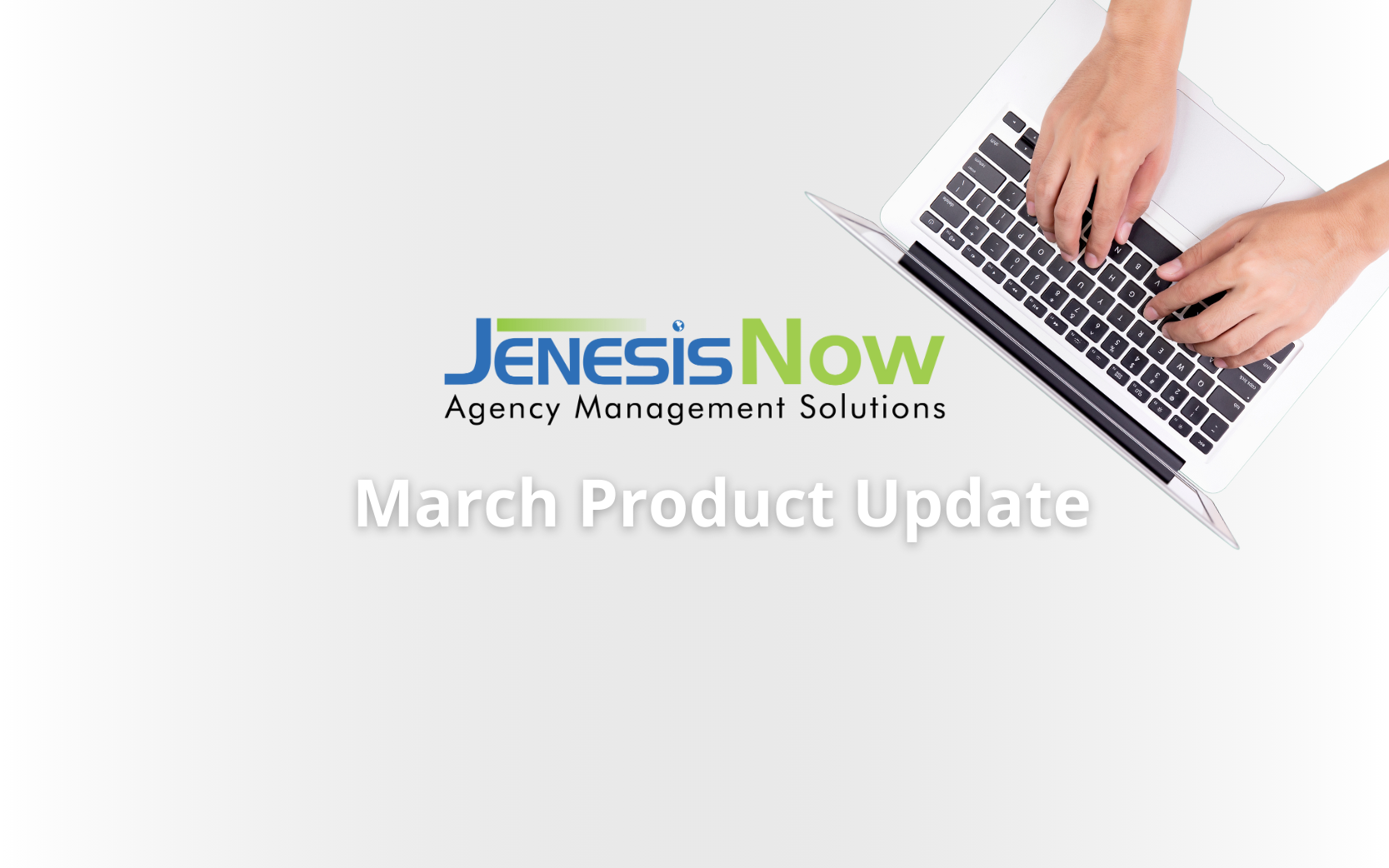

When it comes to managing customer relationships and operations, choosing the right software solution is crucial for any business. For many, the debate often boils down to two popular systems: Customer Relationship Management (CRM) platforms and Agency Management Systems (AMS). While both serve to streamline processes and organize crucial information, they cater to different needs and industries. Understanding the differences between the two can help you determine which tool is the best fit for your business.
Whether you’re an insurance agency exploring agency management systems or a general business searching for a CRM, this article will break down what makes these platforms unique.
What is a CRM?
A CRM system focuses on managing and improving relationships with customers. It is most commonly used across industries like retail, technology, financial services, and hospitality. The primary goal of a CRM is to centralize customer-related information, enabling businesses to deliver personalized experiences and optimize sales or support processes.
Key Features of CRMs:
- Customer Data Management: CRMs store important details like customer contact information, purchase history, and communication records.
- Sales Pipeline Tracking: They help sales teams manage leads, track deals, and analyze conversion rates to boost revenue.
- Marketing Automation: Many CRMs streamline email marketing, social media campaigns, and customer outreach.
- Customer Support: CRMs offer features like ticketing systems or live chat to improve customer service.
CRMs like Salesforce, HubSpot, and Zoho are designed to serve a broad range of industries, helping businesses build stronger customer relationships. However, while these tools excel at general customer engagement, they may lack industry-specific features that certain businesses, like insurance agencies, require.
What is an Agency Management System?
An Agency Management System (AMS) is specifically designed to meet the operational needs of agencies, particularly insurance agencies. It combines customer relationship management with robust agency-specific functionalities. AMS tools aim to optimize business processes, improve efficiency, and empower agencies to manage their client relationships and policies better.
Key Features of an AMS:
- Policy and Document Management: Agencies can store, access, and organize insurance policies, certificates, and other documents in one place.
- Client Portals: AMS systems often provide customer-facing portals for 24/7 access to policy information and service requests.
- Billing and Renewals: Track billing cycles, manage payments, and send renewal reminders seamlessly.
- Insurance-Specific Tools: Features like policy quoting, endorsements, and claims tracking are tailored to meet the needs of insurance agencies.
- Multi-Carrier Integration: AMS platforms often integrate directly with insurance carriers, simplifying real-time updates and reporting.
For example, Jenesis Software offers an advanced agency management system that empowers insurance agents with tools for managing clients, marketing efforts, and policy renewals—all in a single software. By addressing industry-specific challenges, an AMS can help agencies operate more efficiently and provide a higher level of service to their policyholders.
Major Differences Between CRM and AMS
While CRM and AMS systems share a similar goal of improving relationship management, their functions are tailored to different use cases. Let’s explore key differences:
1. Industry-Specific Applications
CRMs are designed to be flexible and cater to businesses across multiple industries. They offer customizable templates and integrations that are useful for various customer touchpoints. On the other hand, an AMS is an all-in-one tool built specifically for insurance agencies, incorporating features like claims management and carrier integration that a CRM typically doesn’t provide.
2. Customization vs. Specialization
CRMs can often be heavily customized to fit a business’s needs, which is great for companies looking for a flexible sales or marketing solution. AMS platforms, however, come pre-equipped with specialized features tailored to the unique workflows of an insurance agency. This specialization reduces the need for excessive customization, saving you time and effort.
3. Customer Experience
While CRMs emphasize customer engagement strategies like personalized marketing and nurturing campaigns, an AMS prioritizes operational efficiency. AMS platforms streamline processes like policy tracking and renewals, thus simplifying the client experience for insurance customers.
4. Integration and Automation
CRMs typically excel at integrating with other sales and marketing tools, allowing businesses to automate lead generation and email marketing. AMS systems, on the other hand, are built to integrate with insurance carriers and internal industry-specific tools. This integration enables features like real-time quoting or automated claims processing, which are vital to an insurance agency’s operations.
5. Ease of Use
For businesses outside of the insurance space, a CRM provides an intuitive and flexible solution for handling customer relationships. However, for insurance agencies, the features of a CRM may fall short. An AMS offers a user experience tailored to insurance agents’ day-to-day tasks, making it a more efficient and practical solution within this specific industry.
Can You Use Both Tools Together?
Depending on your business’s needs, you may find that combining a CRM with an AMS provides the best results. For example:
- A CRM can enhance marketing efforts by tracking broader lead pipelines and analyzing customer engagement.
- An AMS can handle the agency’s operational core, from policy management to customer self-service portals.
By using both systems, agencies can create a well-rounded tech stack that fosters growth while maintaining operational excellence. That said, many modern AMS platforms also include CRM functionalities, reducing the need for multiple solutions.
Choosing the Right System for Your Business
When deciding between a CRM and an AMS, ask yourself the following:
- What industry-specific features does my business require?
- Does my team need tools to handle policies or just manage customer data?
- How much customization do I need in my software?
- What is my long-term goal—streamlining operations or improving customer engagement?
For general businesses focusing on sales, lead management, and customer relationships, a CRM may be the right choice. However, if you’re an insurance agency, an AMS like Jenesis Software’s agency management system is more likely to meet your needs with its robust, industry-specific features.
Jenesis Software provides insurance agents with a top-notch agency management system designed to streamline daily operations and empower growth. Learn more at JenesisSoftware.com.

